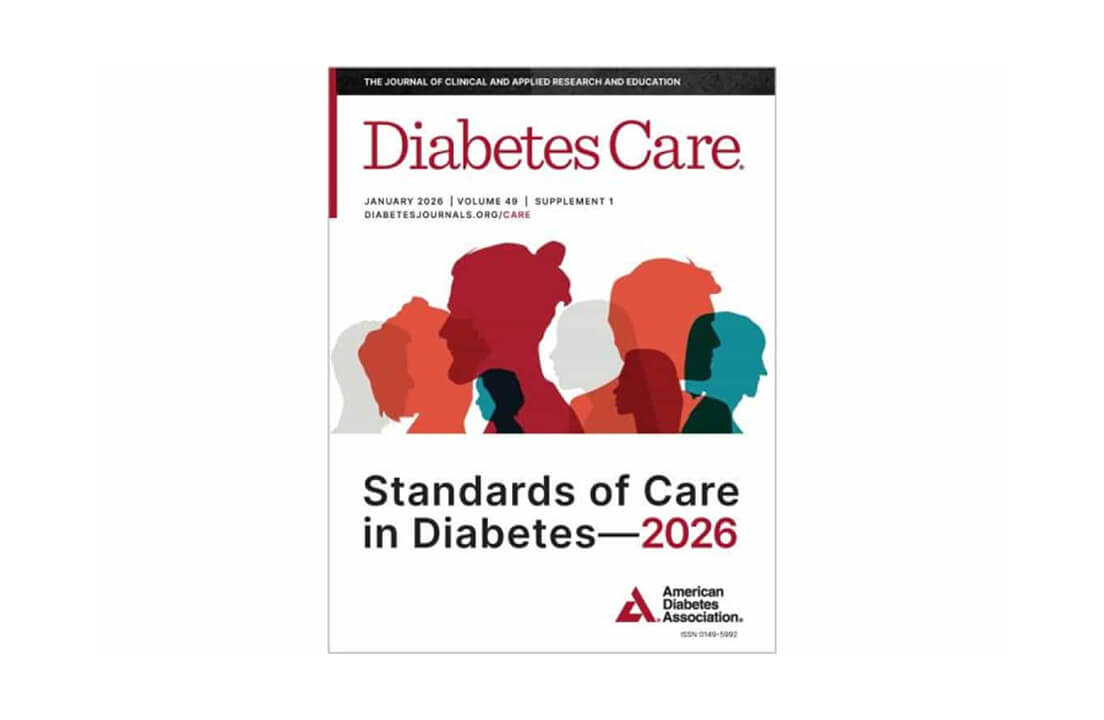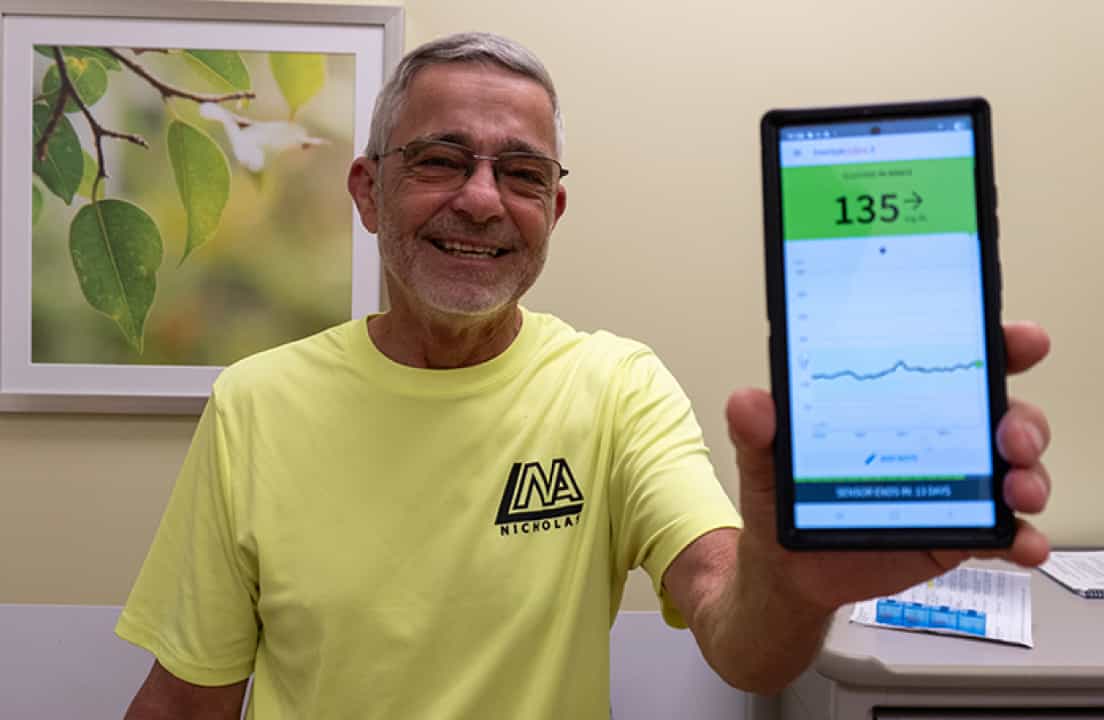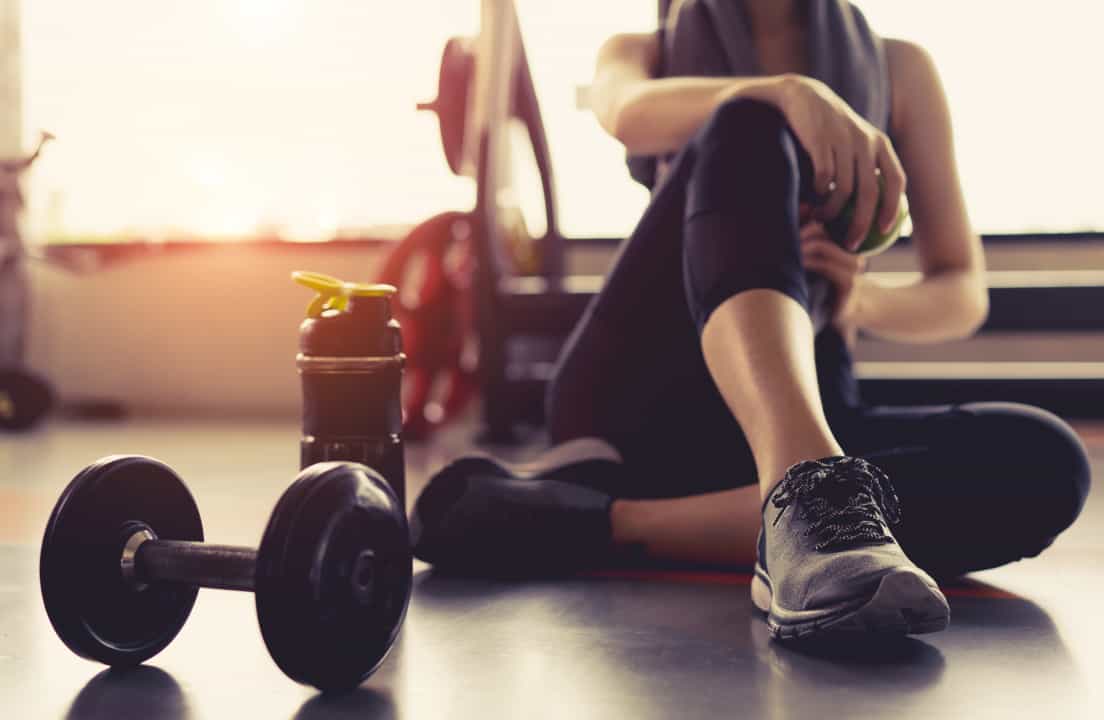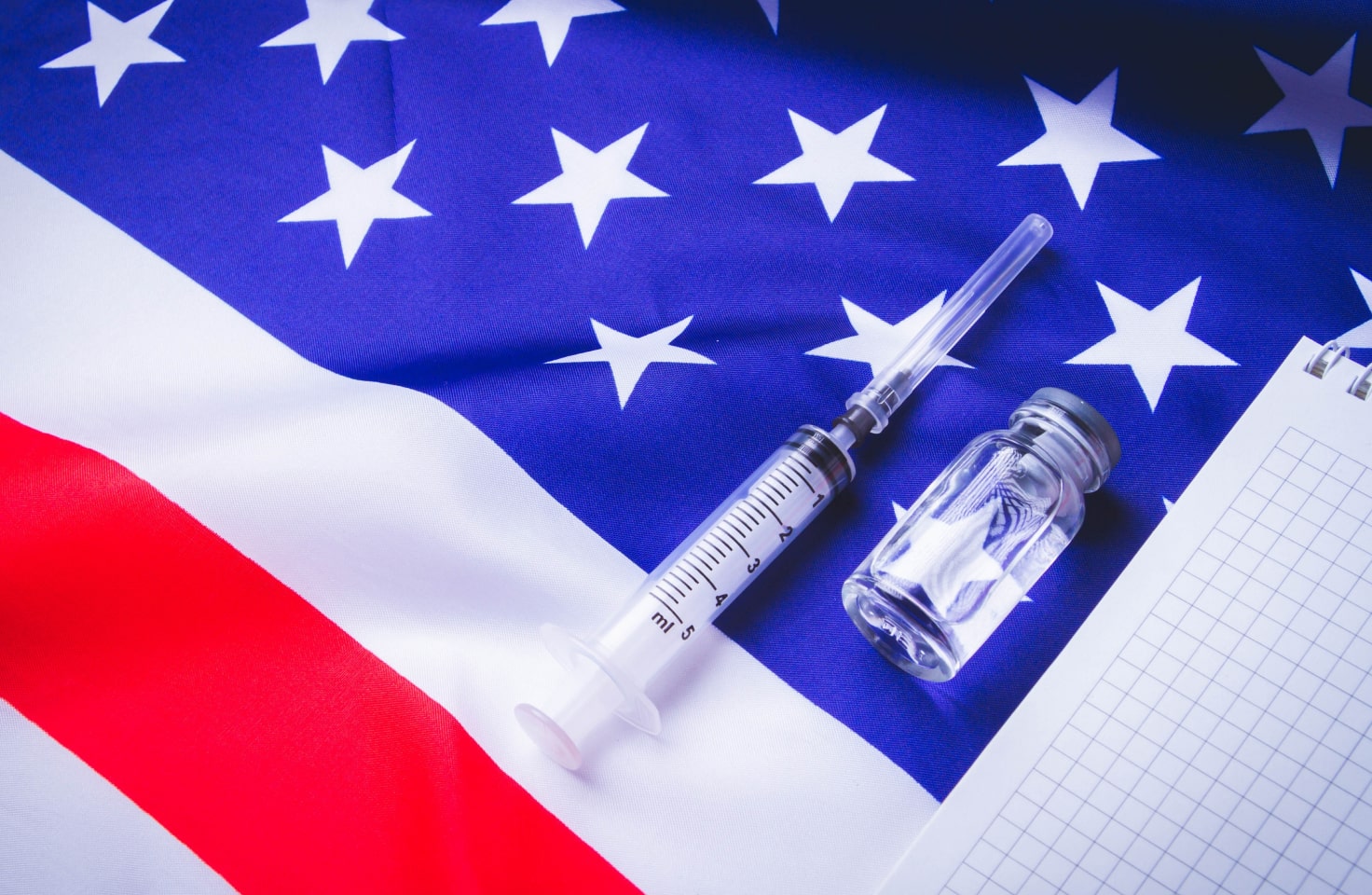T1D Guide
T1D Strong News
Personal Stories
Resources
T1D Misdiagnosis
T1D Early Detection
Research/Clinical Trials
8 Tips to Help You Sleep with Diabetes
We all know sleep is essential, but did you know that if you get less than seven hours of sleep a night, your diabetes might be harder to manage? Check out these top sleep tips to help you fall asleep faster and deeper.

The Sleep Factor
We are a sleep-deprived nation. According to the Centers for Disease Control and Prevention, one in three U.S. adults does not sleep enough at night. What’s more, if you have diabetes, too little sleep can negatively affect not only how your body responds to insulin but also your mental and physical stamina throughout the day. A good night’s sleep equals good health, so why are we lacking our nightly shuteye, and how can we improve catching our ZZs?
According to the Sleep Foundation, most healthy adults should fall asleep within 20-30 minutes. Hah! It’s not always so easy to slip into that blissful, dreamy, nighty-night state—if it were, everyone would be doing it.
If it takes longer than 30 minutes, your circadian rhythm or internal clock might need adjusting. Your internal clock is the 24-hour cycle that regulates sleepiness and alertness, biological patterns, temperature, hormones, and blood pressure.
The Power of Sleep
Sleep improves your brain performance, energy level, and overall well-being. In fact, not getting adequate slumber raises the risk of secondary diseases and disorders (heart disease, stroke, and dementia). What’s more, according to the National Institutes of Health, adult T1Ds who slept less than 6.5 hours per night had higher A1C levels than those who slept more.
A night of insomnia can impact health in the following ways:
- Fluctuating blood glucose levels: Having interrupted sleep can alter blood sugar levels with the body’s ability to produce hormones.
- Insulin response: Not enough sleep can negatively affect the body's response to insulin.
- Mental health: A good night’s rest in the deep REM stage allows cell generation and supports memory processing.
- Overall health: The deep sleep cycle also helps the body repair and regrow tissues, build bone and muscles and strengthen the immune system.
So now that we know the importance and risks of sleep deprivation, how can we turn our restless nights into a deep cocoon-like hibernation that even a Himalayan brown bear would envy?

8 Tips for Better Sleep
The good news is that certain strategies can improve the body’s natural sleep-wake cycle. Check out these eight tips to improve your sleep quality.
1. Sleep routine
Yes, it may be boring and not something that Scott and Zelda Fitzgerald practiced in the 1920s, but you’ll feel much better and more energized if you go to bed and wake up at the same time (even on the weekends). This is the first way to set your internal clock. However, be realistic, and don’t try to go to bed at 8 p.m. if you’re not tired until ten.
2. Healthy meal planning
All T1Ds know routine is good for insulin intake. A healthy breakfast at the same time every day should go hand in hand with your waking/sleeping schedule. Skipping or delaying breakfast messes with your blood sugar and sleep rhythms.
3. Optimize your sleep surroundings
Limit light at night (eye patches are handy here), shut the shades and remove all backlit devices. Earplugs can help eliminate unwanted traffic or noisy neighbors. The room temperature should be cool with good ventilation. A good mattress, pillow, and comfortable bedding are also worth the splurge.
4. Avoid all screens
It could be time to break bad habits like going to bed with your phone in hand. Studies show the blue light emitted by smartphones, tablets, computers, and televisions is troublesome when we hit the hay. The blue light suppresses our natural melatonin. If you must check your texts, at least minimize the brightness level. Also, try reading or listening to an audiobook instead.
5. Exercise
Again, routines are the key to better health and sleep. Whether you hit the gym with kickboxing, lifting weights, or a brisk walk on the treadmill, exercise improves sleep quality. If you can get outside – it’s even better for you. Increased sunlight during the day, plus the benefits of al fresco hikes, fresh air, and vitamin D, are endless. All recreation stimulates cortisol, improves mood, elevates brain activity, revs up the metabolism, improves heart health, decreases stress, and aids weight loss. Get moving! Plus, muscles are better at absorbing glucose when contracted.
Pro Tip: Try to finish your workout three hours before bedtime.

6. Meditation
Relaxing routines, stretching, mindful practices, yoga, and meditation promote healthy sleep patterns. Warm baths, lavender lotion, and soft music are equally important for chilling out. For deep breathing exercises, yoga sessions, and online meditation practices, check out DiabetesSangha for additional resources.
7. Avoid certain foods and drinks
Sweet treats and refined carbohydrates, as well as sugary drinks, spicy foods, caffeine, nicotine, and alcoholic beverages, can rob you of the restorative sleep stages. Also, try avoiding heavy carb-loaded meals at night. Additionally, it’s best to cut off eating and drinking a few hours before bedtime to avoid frequent trips to the bathroom.
Of course, if you’re treating a low, this comes first. In fact, if you’re hungry, a small nighttime snack may help you sustain your forty winks and keep your blood glucose levels even keel through the night.
8. Late-night snacks
Diabetes educators say low-carb/protein snacks regulate blood sugar levels throughout the night. Here are some options:
- A half-lean turkey sandwich
- A low-fat cheese stick with crackers
- Granola with skim milk
- Low-fat Greek yogurt
- A banana with a teaspoon of peanut butter or a few almonds
Fun Fact: Eating a Mediterranean diet loaded with fruits, vegetables, and nuts might help you sleep better.

Waking up in the Middle of the Night
Some people (me) get to sleep fast only to wake up in the middle of the night with a dozen tiny annoyances, making it difficult to return to our prime REM. When this occurs, practice relaxation tips (you can find dozens online), and if you’re awake for longer than 15 minutes, try reading with dimmed lights or listening to a sleep app.
If your brain is overstimulated during the day, it’s harder to shut off at night. Our phones, social media, texts, and binge-watching can make it difficult to unwind and unplug. Try putting your phone on DND and setting time limits on Instagram, Facebook, and Netflix.
To nap or not to nap
The lost art of napping is making a comeback, with recent studies indicating that a brief 20-minute cat nap is good for the soul. Early afternoon is the best time; any later might interfere with your night’s rest.
The pros/cons of melatonin
Melatonin is a hormone secreted by your body to help you fall asleep. This process works better in a dark environment. The Mayo Clinic’s take on melatonin is that your body produces enough for general needs, and it’s okay for short-term use (jet lag, insomnia). However, long-term use is not recommended for individuals with autoimmune disorders. Side effects of melatonin may include headaches, dizziness, nausea, and daytime drowsiness. Magnesium, B and D vitamins have been shown to increase calm and decrease anxiety. Always check with your physician before taking supplements.

Moderating Glucose Levels at Night
We know high and low blood sugar levels can affect sleep. But hypoglycemia is a dangerous gambit, so it’s crucial to watch sleep patterns/blood glucose levels and speak with your healthcare team to correct them quickly. In addition, high blood sugar can increase bathroom visits, interrupting your slumber and lead to daytime sleepiness.
As diabetes technology keeps accelerating, finding the right wearable devices can improve the quality and safety of your sleep. Hybrid closed-loop systems and continuous glucose monitoring stabilize blood sugar levels.
If you’re struggling with sleep and diabetes, seek help, support, and advice from trained professionals. You can email the DiabetesUK helpline@diabetes.org.uk. If stateside, JDRF and the American Diabetes Association’s Ask the Experts series are also resources.


.webp)





.webp)


.jpg)
.jpeg)

.jpg)
.jpg)



.jpg)



.jpg)




.jpg)

.jpg)



.jpg)

.jpg)




.jpg)
.jpg)
.jpg)
.jpg)
.jpg)
.jpg)
.jpg)

.jpg)
.jpg)

.jpg)



.jpg)
.jpg)
.jpg)

.jpg)

.jpg)














.jpg)


.jpg)







.webp)











.webp)



















.webp)